
________
Published on February 15, 2008, 12:00 am
Published on February 15, 2008, 12:00 am
By Mwandawiro Mghanga
Post-election has shattered the myth that Kenya is an island of democracy, peace, stability and development in a conflict-ridden region. But it is now the concern of people, governments and civil society organisations in Kenya, the Horn of Africa, the Great Lakes region, African Union, United Nations and the world. The anger, bitterness, hatred, violence, deaths, destruction and anarchy that erupted in many parts of the country put to question the concept of Kenya as a viable nation.
A nation is a constituted and stable community formed on the basis of a common language, common territory, common economic life and common psychological make up manifested in specific features of national culture.
Tribalism exists, but few suspected it could rear its ugly head in such brutal, primitive, vile and horrendous manner, and after elections that were generally peaceful before the presidential results were announced.
So shocking and embarrassing is the violence that Kenya and the world can hardly come to terms with it. As matters stand now, it is as if the country is controlled by anarchists the instruments of the State are unable surmount.
The security crisis created has pulled the country many years back economically, affecting all sectors of the economy — agriculture, trade, tourism, industry, transport, communication, education and health. All the gains in creating a national identity have been eroded and reversed. The physical and psychological damage it has caused in society will take many years to repair.
It is expected that the political problem over the elections will be resolved soon through mediation talks led by Dr Koffi Anan. A political agreement must be reached sooner than later to end the war and prevent killings and destruction of property.
But what is even more scaring is that the security forces are either unable or refusing to offer protection in areas affected by inter-ethnic conflict. As a result, some politicians have suggested the intervention of foreign forces. It is distressing to accept that the State is unable to defend the right of Kenyans to live safely and own property.
However, political agreements and solutions for peace can only address the immediate problem and offer top-down solutions that, though necessary, will hardly deal with the causes. Long-term solutions demand down up solutions that must involve Kenyans of all ethnic groups, classes, gender, ages and geographical regions.
They should also be based on true, real and merciless surgery of the society and give prescriptions that must be taken or the nation crumbles, falls apart and dies. Such a prescription would inevitably address short and long-term solutions and dig dipper than the solutions the mediation talks offer.
Kenyans will have to look themselves in the mirror; they must honestly and critically examine themselves, their families, ethnic groups and neighbours in relation to democracy, justice, human rights and the present and future. Every Kenyan must take responsibility and participate in searching for short and long-term solutions to the political and social crisis.
This includes, among other things, confronting stereotypes, hypocrisy and myths that have been held about themselves and one another, especially of different ethnic groups.
Self-criticism and reality of the inherent social contradictions, historical injustices and inevitable conflicts must not be ignored. Ignoring reality, as has happened in the past, leads to brutal consequences.
Accepting this could be the beginning of the search for solutions to the crisis that has escalated the instability and the refugee problem within and outside Kenya.
To attribute violence to the result of flawed elections is a myth. Now it is now clear that the election result only helped to trigger the explosion of anger, bitterness, hatred and hypocrisy that have been simmering in society for a long time. The beastly and worst side of Kenyans has finally been exposed before them and the world.
They must appreciate and confront the worst within them and stop being hypocritical. How, for example, can we expect sustainable peace without justice? How can we build the nation when we talk about peace and patriotism in public and before foreigners, but prepare for war and preach hatred and tribalism in private?
Research aimed at understanding and seeking solutions to the numerous conflicts is also needed. Conflicts can only be prevented, managed or resolved if and when they are identified, their nature understood and acted upon. If conflicts are not addressed at their infancy, they are likely to explode into war and destruction at the slightest opportunity.
It is more logical and easier to take pre-emptive measures than to deal with the effects of conflict — violence and war. The post-conflict situation will not be easy to deal with either. The task of healing the nation and preventing future conflict will be long, protracted and gargantuan.
Although a lot of work has been done on conflict and conflict resolution, it has concentrated on conflict over economic and natural resources.
Attitudes, platitudes and prejudices should be addressed, investigated and exposed.
___________________________________________________________
The writer is a former MP and chairman of the Social Democratic Party








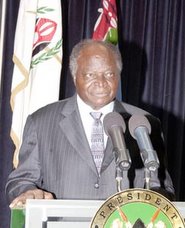


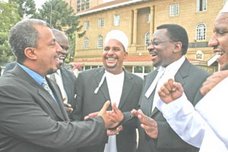
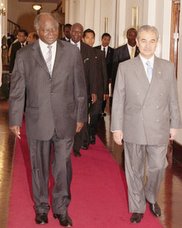

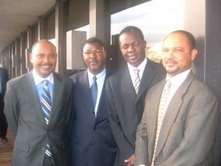
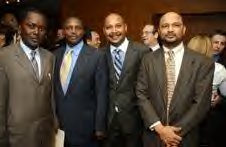
No comments:
Post a Comment